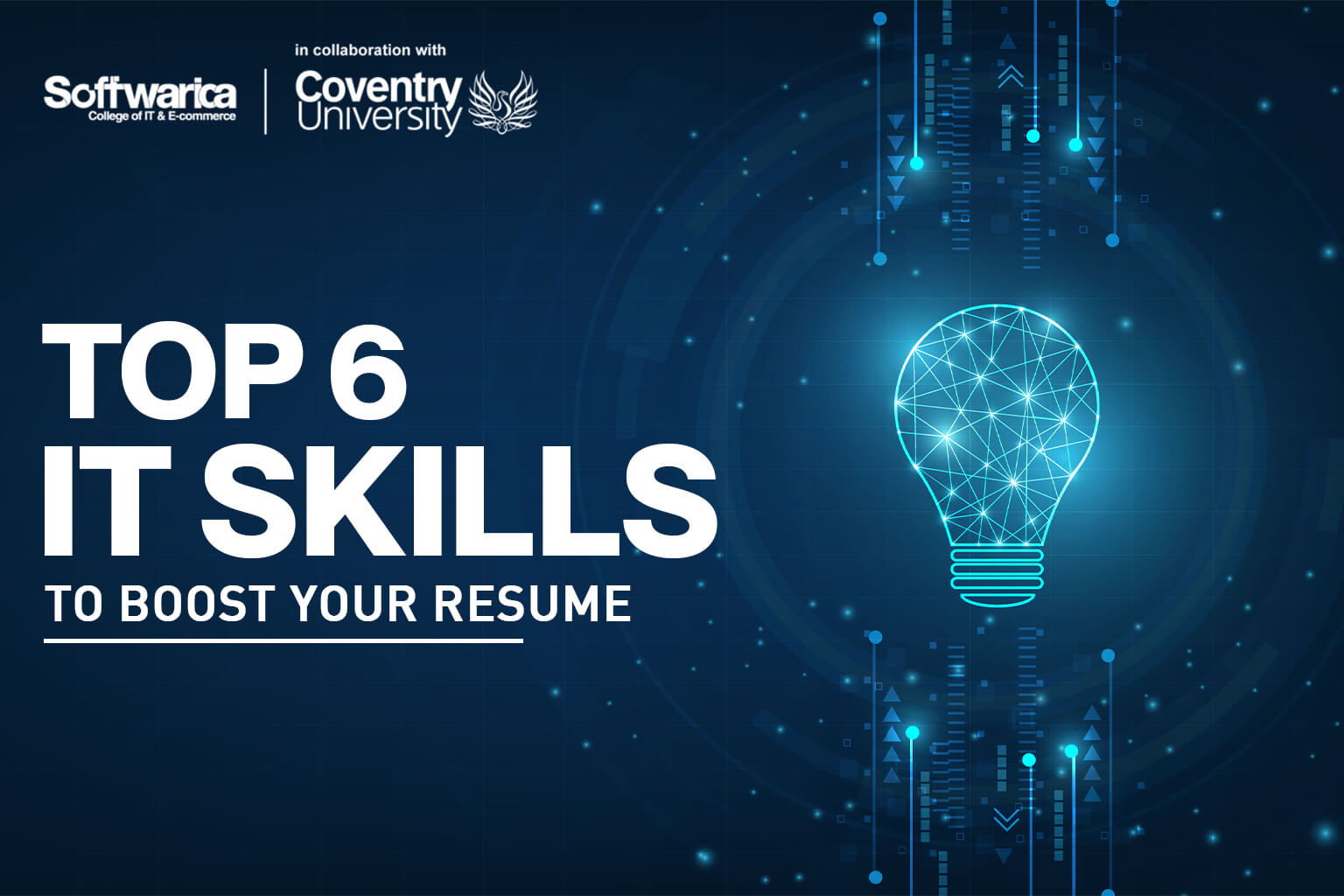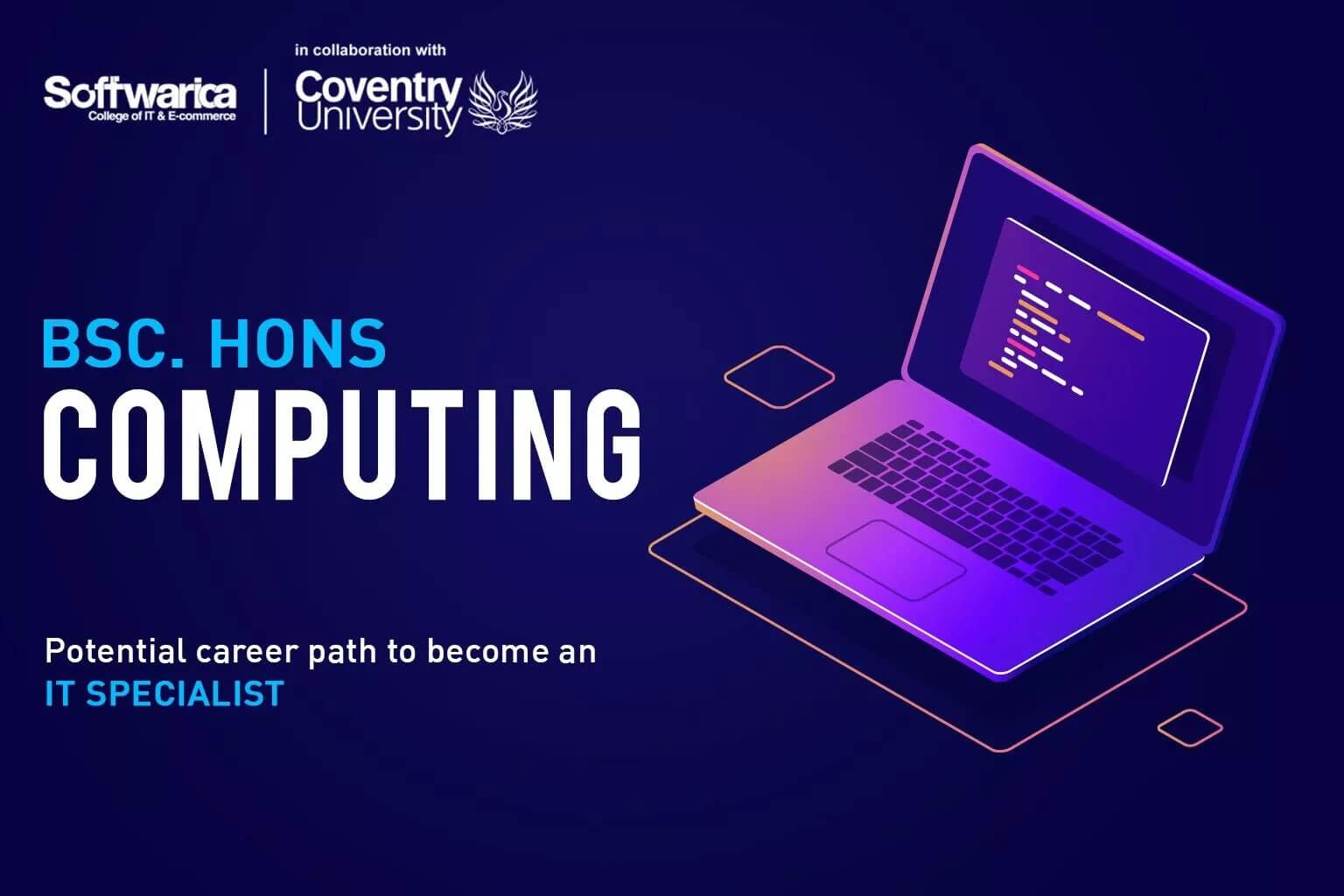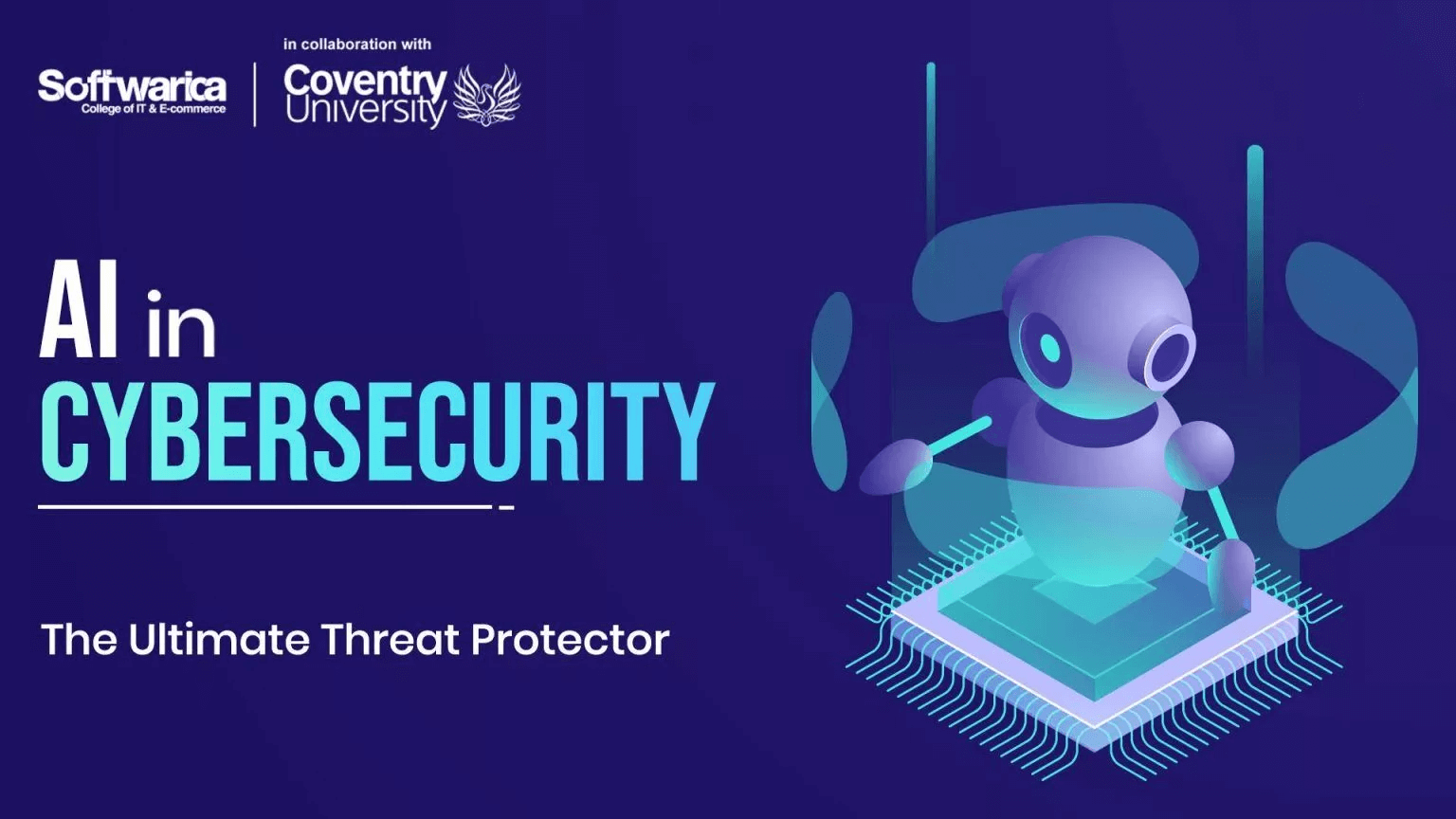
Top 5 Trendy IT Skills to Boost Your Resume
Becoming an IT professional requires you to actively acquire new IT skills to keep up with evolving technology. It is vital to stay competitive in your IT career, regardless of what the future holds. As you craft a resume for a specific IT role, you must make sure you have the essential IT skills currently in demand as it determines how far you advance in the hiring process.
The skills you put in your resume differentiate you from the competition and help you land the desired position. The skills section of the resume also highly affects your salary figure. Now you know that you must acquire trendy IT skills to boost your resume, you may wonder which IT skills are currently in high demand. Let’s discuss what IT skills are and which skills you should opt for to start a successful IT career.
What Are IT Skills?
IT skills are basically technical skills necessary in technical support, maintenance, and development. IT skills range from hardware instalment and application development to data analysis and cybersecurity.
IT skills are a broad skill set which means you cannot just write on your resume that you are an IT expert and have “excellent IT skills.” It would be like saying that you’re an “excellent athlete” – it’s not saying much. Thus if you want the hiring manager responds to you, you need to be specific when putting your IT skills on your resume.
Top 5 IT Skills to Boost Your Resume
Demand for IT professionals is growing rapidly and it doesn’t seem it’s going to stop anytime soon. No matter if you’re writing an IT resume or a programmer resume, you must highlight your most notable IT skills in it. Below are the top 5 trendy skills you can put in your resume to add weight to it.
- Cybersecurity
Cybersecurity is one of the most IT skills in demand and it’s rapidly growing. Cybersecurity encompasses securing computer systems and computer networks that cybercriminals attempt to access, modify and misuse confidential data. With the increasing number of cyberattacks, businesses and organizations are hiring IT professionals who can identify vulnerabilities in their systems and fix them. IT professionals who are best at doing so are information security analysts, systems engineers network engineers and cybersecurity analysts. BSc (Hons) Ethical Hacking and Cybersecurity is the best IT course in Nepal that provide you with the essential cybersecurity skills.
- Cloud Computing
Cloud computing is another important IT skill you must consider having as it provides you with the ability to use resources and services without caring about physical hardware and administration. Cloud computing skills allow you to access databases, servers, and other computing services on the internet network. With cloud computing systems, businesses no longer have to store their store applications and files on the hard drive of a computer as it enables them to store them on a remote server which is a more secure option. Authorized professionals can access the stored data online from anywhere at any time.
- Data Analysis
Data analysis includes the techniques and processes to help organisations extract insights from both unstructured and structured data. As a Data analyst, you can monitor performance data and find vulnerabilities and security threats in the systems. Data analytics skill set also include by machine learning and programming languages. Data analysis skill set will also provide you with the skills to compile, clean and present data for enterprises so that they can make data-driven decisions.
- AI (Artificial Intelligence)
AI (Artificial Intelligence) replicates human intelligence and machine behaviours. Building an AI skill set allows you to invent machines and tools that can be programmed to replicate human beings. An AI machines can perform such tasks that would otherwise require a human. They are compiled with problem-solving, logical reasoning, analysis, learning and knowledge representation skills and behaviours similar to human intelligence. In modern days where there is a global shortage of AI talent, acquiring AI skills has become essential for a successful career in the IT industry.
- DevOps
DevOps basically refers to the set of tools and practices to combine software “development” and IT “operations”. Its goal is to shorten the lifecycle of system development. Acquiring DevOps skills means you can create, test and deliver software solutions and systems through a more reliable process. One with DevOps skills can help in both the IT and development aspects in an organization. An DevOps engineer can build software and check code releases and make sure everything is running smoothly.
How to Put IT Skills on a Resume?
Writing a resume could be tough, especially for those who are new to this. Crafting a resume involves a lot of stuff to memorize including remembering the order of resume sections and knowing what IT skills to put in it. Here is the step by step process which will help you put your IT skills in the resume in a proper way.
- Start With a Captivating Resume Profile
Your professional profile is the part of your resume where you have to really summon the attention of the hiring manager. Either write a resume summary or a resume objective statement, both are the best approach to write a compelling profile. As an experienced IT professional, you can write a summary of your achievements and skills, and if it is for an entry-level IT job, you can briefly explain your immediate professional goals and your ability to perform the best.
- Put Notable Achievements Only
People often get a call for an interview if they have targeted their resume to align with the specific requirements asked for the particular IT job. Thus, read the job description very carefully and figure out what the employer is actually looking for. Highlight the most important skills and requirements accordingly in your resume.
- Academic Qualification Increases the Chances of Hiring
Your educational background is as important as your experience and skills to increase your chances of hiring. Most employers looks for some level of education on your resume, and if you have a degree in a relevant field, that would be a cherry on top. You can make your resume stand out from the crowd by adding additional information such as your GPA, relevant coursework, and publications. Thus, you must consider putting your academic qualifications in your IT job resume.
- Highlight Your IT Skills in a Separate Section
A separate resume section for your IT skills can be a great way to list your abilities and competencies to make them stand out. This is where you really show off how you are eligible for the IT position. Here again consider tailoring the wording to the specific job requirement. Avoid listing the skills that are not required for the IT job the employer asked for.
There you go! You now have successfully crafted your IT job resume with all the essential IT skills..


.jpg)


.jpg)